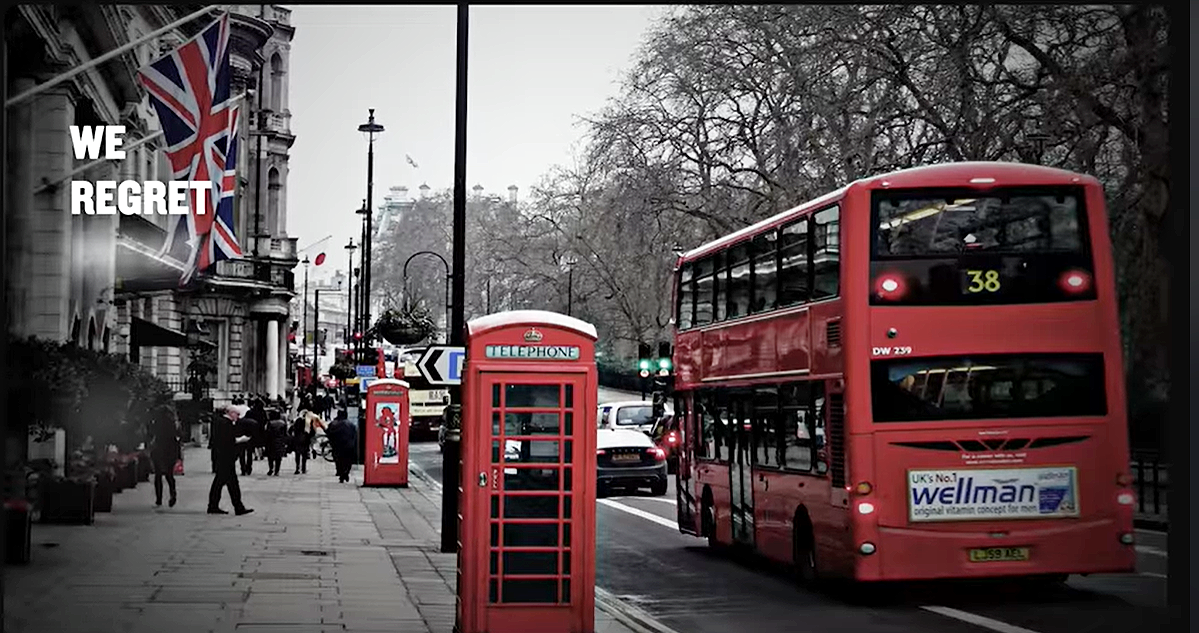The United Kingdom officially ended its 47 years of European Union membership on 31 January, ending the uncertainties that have characterised the bloc since 23 June 2016 when 52 percent of Britons voted to take their country out of the then 28-member bloc (now 27).
Brexit however is yet to be fully consummated as the two sides still have to finally settle the divorce terms, which means we don’t yet know how the UK departure will affect citizens on both sides in the long term.
Following the UK’s departure from the EU on 31 January 2020, their relationship however entered a so-called Transition Period, which will initially last until 31 December 2020 and during which both sides will negotiate and agree on the details of their future relationship.

Most things will stay the same in the Transition Period but there will be some changes. Here is what you as EU citizens living in the UK or UK citizens living in the EU should know about the Brexit process going forward:
- The Transition Period starts on 1 February 2020 and ends on 31 December 2020. It can be extended once, by up to one to two years. Such a decision must be taken jointly by the EU and UK before 1 July 2020.
- The rules of the Single Market with all four freedoms – of movement of goods, capital, persons and services will remain in force during the Transition Period.
- Documents like driving licenses, pet passports and European Health Insurance cards will all continue to be accepted.
- All institutions, bodies, offices and agencies of the EU continue to hold the powers conferred upon them by EU law in relation to the UK and to natural and legal persons residing, or established in, the United Kingdom throughout the transition period.
- The UK also continues to apply the EU’s Justice and Home Affairs policies, including the European Arrest Warrant.
- The EU Common Foreign and Security Policy applies to the UK during the Transition Period and the UK must implement the EU’s sanctions regimes and support EU statements and positions on third countries and in international organisations.
Explainer: Freedom of Movement and the Transition Period
That the rules of the Single Market will remain in effect until the end of 2020 means that the freedom of movement – which allows EU citizens the right to live and work in the UK and gives UK citizens the right to do the same in EU countries – will continue during this Transition Period.
For EU Citizens:
- It means that an EU passport or identity card will still be valid for travel to the UK and to rent and work there.
- EU citizens already living in the UK have the right to remain beyond 31 December 2020 but must apply for a new legal status in order to secure this right. To do this, they will have to register online with the UK government’s EU Settlement Scheme, which is open until 30 June 2021. EU citizens who can prove they have been in the UK continuously for five years or more should be eligible for Settled Status, which must be applied for online. Those already living in the UK for shorter periods of time should qualify for Pre-Settled Status, which can be upgraded to Settled Status once the applicant has reached the five-year milestone.
- During the Transition Period, EU citizens will have the right to move to the UK and to remain beyond 31 December 2020 if they apply to the government’s EU settlement scheme.
For UK citizens
- British citizens currently living in one of the EU’s 27 countries need to apply for a residence status to confirm that they were already resident in the EU country before 31 December 2020. They will, like EU citizens in the UK, have until at least 30 June 2021 to do so. This UK government website provides country-by-country guides on what to do if you are a UK national currently working, studying or receiving a pension in the EU, or planning to do so in the future.
- The UK’s passports will change colour from burgundy red to dark blue, its original colour before it was changed 30 years ago. The new colour will be phased in over several months, with all new passports issued in dark blue by the middle of the year. Existing burgundy red passports will continue to be valid.
Femi Awoniyi & Felix Dappah
Online Resource
Applying to the EU Settlement Scheme in the UK, click here
For UK government guides on what to do if you are a UK national living in the EU, click here
 THE AFRICAN COURIER. Reporting Africa and its Diaspora! The African Courier is an international magazine published in Germany to report on Africa and the Diaspora African experience. The first issue of the bimonthly magazine appeared on the newsstands on 15 February 1998. The African Courier is a communication forum for European-African political, economic and cultural exchanges, and a voice for Africa in Europe.
THE AFRICAN COURIER. Reporting Africa and its Diaspora! The African Courier is an international magazine published in Germany to report on Africa and the Diaspora African experience. The first issue of the bimonthly magazine appeared on the newsstands on 15 February 1998. The African Courier is a communication forum for European-African political, economic and cultural exchanges, and a voice for Africa in Europe.


































